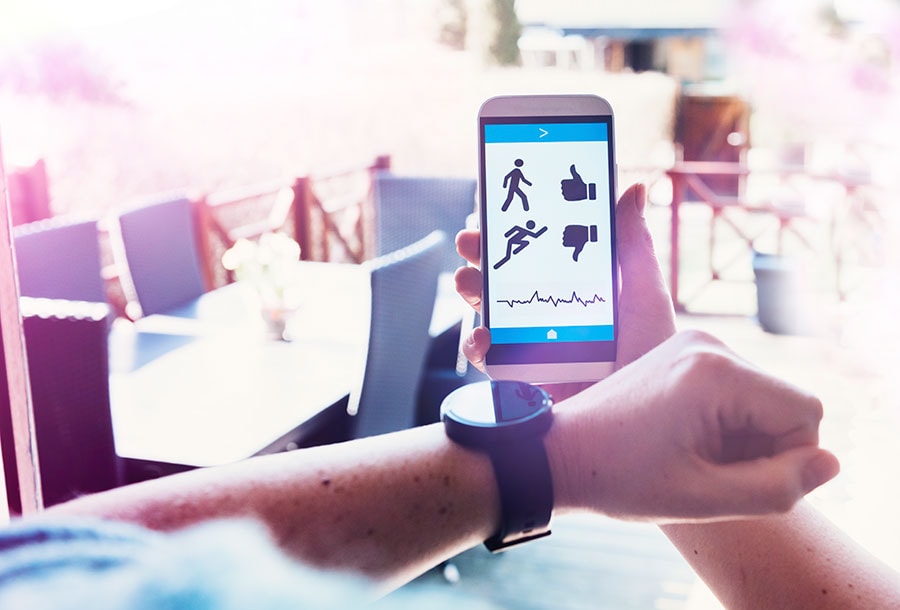Can health apps boost fitness levels?

Health apps are becoming increasingly popular with people who want to keep a close eye on their fitness levels, but how useful are they?
The wearable technology market – of which health apps are a major part – has been forecast to reach US$32 billion (£21.4 billion) in the next four years. It is expected that 230 million units will be sold within this period. Apple is just one of the major technology companies that are making big investments in health apps, but there are a lot of arguments about whether they could do more harm than good.
Why use health apps?
The British Medical Journal recently hosted a debate about the usefulness of health apps and participant Dr Des Spence stated that there are tens of thousands of these products out there and they are “mostly harmless (and likely useless)”.
He said: “The truth is that these apps and devices are untested and unscientific, and they will open the door of uncertainty. Make no mistake: diagnostic uncertainty ignites extreme anxiety in people.” Dr Spence went on to argue that corporate medicine and the drug industry are those who benefit from the rise of health apps, rather than people who are interested in monitoring and improving their health.
Promoting a healthy lifestyle
A study conducted in New Zealand has also questioned the impact health apps can have. University of Canterbury associate professor Ray Kirk suggested that apps that track fitness levels can be useful due to the fact they promote a healthy lifestyle. However, he was more concerned about health apps that claim to help people self-diagnose their medical issues, as this could lead to mistakes being made. Mr Kirk added: “Apps that, for example, measure blood pressure vary in accuracy and people should be cautious about using these.”
Despite some concerns from the medical community, it is clear that health apps are here to stay.
Health data analytics
IBM recently announced that it is forming a partnership with Apple, with the two corporations aiming to make further advancements in health analytics. The deal will see IBM’s Health Cloud and Watson cognitive computing teamed up with data about Apple customers’ health (that users submit to iOS apps via the ResearchKit and HealthKit platforms).
John E Kelly III, senior vice-president for IBM’s research and solutions portfolio, stated that the partnership with Apple will give doctors and researchers the chance maximise the insights that are already available through Apple’s HealthKit and ResearchKit data.
Benefits of health apps
As part of the British Medical Journal debate, assistant professor of emergency medicine at the Wake Forest School of Medicine Dr Iltifat Husain argued that using health apps has a number of advantages, including that the technology can be used to both deliver education and techniques to change behaviour.
Dr Husain, who is also the editor of iMedicalApps.com, stated that mobile-based weight loss programmes have been shown for a number of years to work well. He said: “Health apps and devices can empower patients with diagnoses, improving satisfaction and compliance, so perhaps they can also help healthy people who want to stay that way.”
Dr Husain added that the last few years have shown that health apps can help to improve outcomes and health. However, he cautioned that doctors ought to be proactive about telling members of the public which metrics matter, as well as which apps they should buy.
Perhaps there is no right or wrong answer about whether people should use health apps. It is up to individuals to decide whether using these apps makes them feel fitter and healthier.

